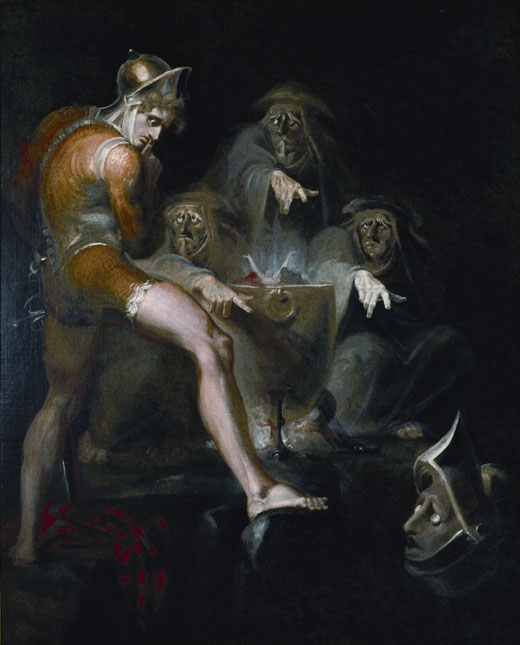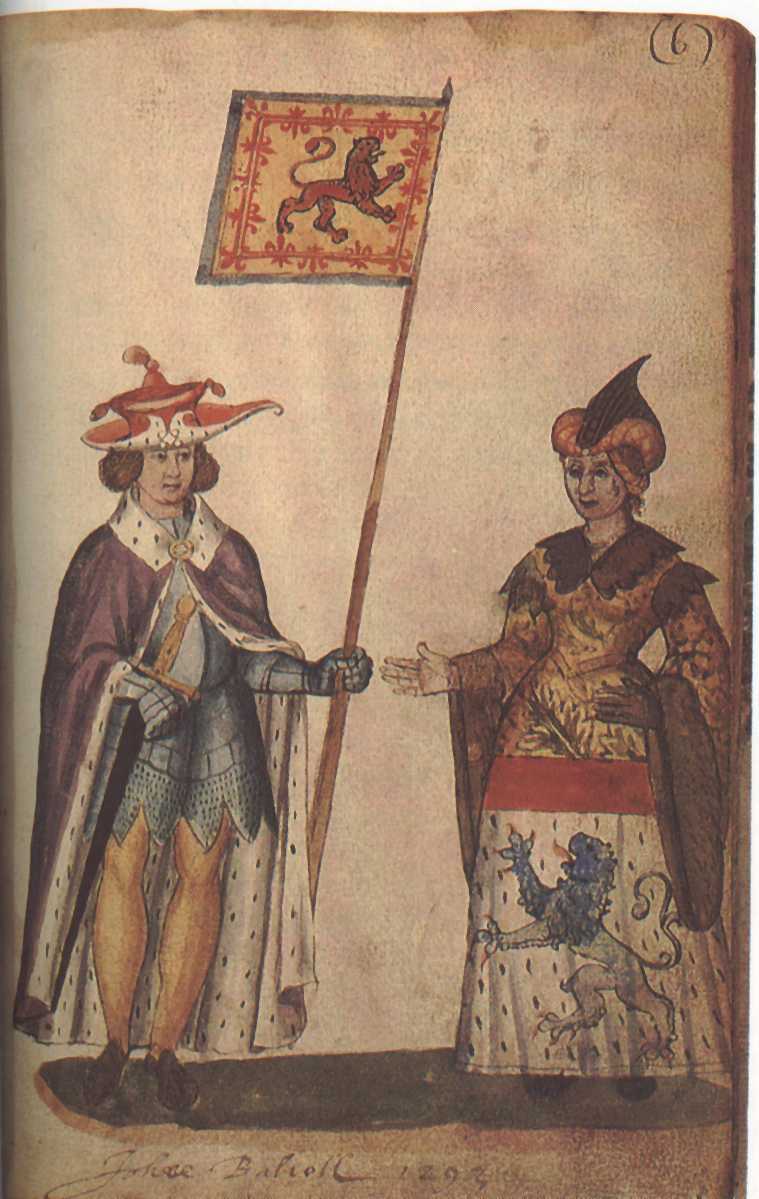|
Máel Coluim II Of Scotland
Máel Coluim mac Cinaeda (; anglicised Malcolm II; c. 954 – 25 November 1034) was King of Alba (Scotland) from 1005 until his death in 1034. He was one of the longest-reigning Scottish Kings of that period. He was a son of Cinaed mac Maíl Choluim or King Kenneth II, and The Prophecy of Berchán (which referred to him as ''Forranach'', "the Destroyer") says his mother was "a woman of Leinster". His mother may have been a daughter of a Uí Dúnlainge King of Leinster. To the Irish annals, which recorded his death, Malcolm was ''ard rí Alban'', High King of Scotland, but his fellow Kings of the geographical area of modern Scotland included the King of Strathclyde, who ruled much of the south-west, various Norse–Gaels Kings on the western coast and the Hebrides and his nearest and most dangerous rivals, the kings or "mormaers" of Moray. Since he did not have any surviving sons, Malcolm pursued a strategy of marrying his daughters into these regional dynasties, which h ... [...More Info...] [...Related Items...] OR: [Wikipedia] [Google] [Baidu] |
King Of Alba (Scotland)
The monarch of Scotland was the head of state of the Kingdom of Scotland. According to tradition, Kenneth I MacAlpin () was the founder and first King of the Kingdom of Scotland (although he never held the title historically, being King of the Picts instead). The List of kings of the Picts, Kingdom of the Picts just became known as the Kingdom of Alba in Scottish Gaelic, which later became known in Scots language, Scots and English as ''Scotland''; the terms are retained in both languages to this day. By the late 11th century at the very latest, Scottish kings were using the term , or King of Scots, to refer to themselves in Latin. The Kingdom of Scotland was merged with the Kingdom of England to form a single Kingdom of Great Britain in 1707. Thus, Anne, Queen of Great Britain, Queen Anne became the last monarch of the ancient kingdoms of Scotland and England and the first of Great Britain, although the kingdoms had shared a monarch since 1603 (see Union of the Crowns). Her un ... [...More Info...] [...Related Items...] OR: [Wikipedia] [Google] [Baidu] |
Kingdom Of Leinster
The Kingdom of Leinster () was a kingdom of Gaelic Ireland which existed in the east of the island from the Irish Iron Age until the 17th century Early Modern Ireland. According to traditional Irish history found in the ''Annals of the Four Masters'', the kingdom was founded as the territory of the Laighin, a Heremonian tribe of Irish Gaels. Some of the early kings of Leinster were also High Kings of Ireland and Kings of Tara, such as Úgaine Mór, Labraid Loingsech and Cathair Mór. The Leinstermen had originally achieved hegemony in Ireland to the detriment of the Ulster-based Érainn, another group of Irish Gaels, but eventually lost out to their kinsmen the Connachta. This fall from power had lasting consequences in terms of territory for Leinster, as the Southern Uí Néill carved out the Kingdom of Meath to the north, and control of Osraige to the west was lost to the Corcu Loígde, becoming part of the Kingdom of Munster. The kingdom had different borders and internal div ... [...More Info...] [...Related Items...] OR: [Wikipedia] [Google] [Baidu] |
Macbeth
''The Tragedy of Macbeth'', often shortened to ''Macbeth'' (), is a tragedy by William Shakespeare, estimated to have been first performed in 1606. It dramatises the physically violent and damaging psychological effects of political ambitions and power. It was first published in the Folio of 1623, possibly from a prompt book, and is Shakespeare's shortest tragedy. Scholars believe ''Macbeth'', of all the plays that Shakespeare wrote during the reign of King James I, contains the most allusions to James, patron of Shakespeare's acting company. In the play, a brave Scottish general named Macbeth receives a prophecy from a trio of witches that one day he will become King of Scotland. Consumed by ambition and spurred to violence by his wife, Macbeth murders the king and takes the Scottish throne for himself. Then, racked with guilt and paranoia, he commits further violent murders to protect himself from enmity and suspicion, soon becoming a tyrannical ruler. The bloo ... [...More Info...] [...Related Items...] OR: [Wikipedia] [Google] [Baidu] |
William Shakespeare
William Shakespeare ( 23 April 1564 – 23 April 1616) was an English playwright, poet and actor. He is widely regarded as the greatest writer in the English language and the world's pre-eminent dramatist. He is often called England's national poet and the "Bard of River Avon, Warwickshire, Avon" or simply "the Bard". His extant works, including William Shakespeare's collaborations, collaborations, consist of some Shakespeare's plays, 39 plays, Shakespeare's sonnets, 154 sonnets, three long narrative poems and a few other verses, some of uncertain authorship. His plays List of translations of works by William Shakespeare, have been translated into every major modern language, living language and are performed more often than those of any other playwright. Shakespeare remains arguably the most influential writer in the English language, and his works continue to be studied and reinterpreted. Shakespeare was born and raised in Stratford-upon-Avon, Warwickshire. At the age of 18 ... [...More Info...] [...Related Items...] OR: [Wikipedia] [Google] [Baidu] |
Macbeth, King Of Scotland
Macbethad mac Findláech (anglicised as Macbeth MacFinlay; died 15 August 1057), nicknamed the Red King (), was King of Scotland from 1040 until his death in 1057. He ruled during the period of Scottish history known as the Kingdom of Alba. Little is known about Macbeth's early life, although he was the son of Findláech of Moray and may have been a grandson of Malcolm II, presumably through the latter's daughter Donada. He became Mormaer (Earl) of Moray – a semi-autonomous province – in 1032, and was probably responsible for the death of the previous mormaer, Gille Coemgáin. He subsequently married Gille Coemgáin's widow, Gruoch. In 1040, Duncan I launched an attack into Moray and was killed in action by Macbeth's troops. Macbeth succeeded him as King of Alba, apparently with little opposition. His 17-year reign was mostly peaceful, although in 1054 he was faced with an English invasion, led by Siward, Earl of Northumbria, on behalf of Edward the Confessor. Macbe ... [...More Info...] [...Related Items...] OR: [Wikipedia] [Google] [Baidu] |
Duncan I Of Scotland
Donnchad mac Crinain (; anglicised as Duncan I, and nicknamed An t-Ilgarach, "the Diseased" or "the Sick"; – 14 August 1040)Broun, "Duncan I (d. 1040)". was king of Scotland (''Alba'') from 1034 to 1040. He is the historical basis of the " King Duncan" in Shakespeare's play ''Macbeth''. Life The ancestry of King Duncan is not certain. In modern texts, he is the son of Crínán, hereditary lay abbot of Dunkeld, and Bethóc, daughter of King Malcolm II. However, in the late 17th century the historian Frederic Van Bossen, after collecting historical accounts throughout Europe, identified King Duncan as the first son of Abonarhl ap crinan (the grandson of Crinan) and princess Beatrice, the eldest daughter to King Malcom II, and Gunnor who was the daughter of the " 2nd Duke of Normandy". Unlike the "King Duncan" of Shakespeare's ''Macbeth'', the historical Duncan appears to have been a young man. He followed his grandfather Malcolm as king after the latter's death on 25 N ... [...More Info...] [...Related Items...] OR: [Wikipedia] [Google] [Baidu] |





